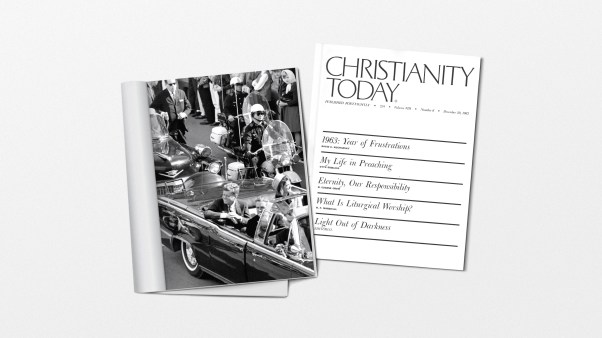Valedictorian’s graduation “religious sermon” case denied hearing at Supreme Court Public religion got a setback this month, too, as the Supreme Court refused to hear Chris Niemeyer’s case against his former high school district. As noted earlier in Weblog, Niemeyer was one of two co-valedictorians at Oroville (California) High School, but wasn’t allowed to give the speech he wanted. Characterized by the 9th Circuit U.S. Court of Appeals as a “religious sermon,” the speech “advised the audience that ‘we are all God’s children, through Jesus Christ [sic] death, when we accept his free love and saving grace in our lives,’ and requested that the audience accept that ‘God created us’ and that man’s plans ‘will not fully succeed unless we pattern our lives after Jesus’ example.’ Finally, Niemeyer’s speech called upon the audience to ‘accept God’s love and grace’ and ‘yield to God our lives.'” Cut the evangelistic parts, the valedictorians were told. No references to “God” or “Jesus” or use of any other “nondenominational” language would be permitted. When the co-valedictorians refused to change their remarks, they were prohibited from speaking. In October, the 9th Circuit U.S. Court of Appeals ruled for the school district, saying the speech “would have borne the imprint of the district. … An objective observer familiar with the district’s policy and its implementation would have likely perceived that the speech carried the district’s seal of approval.” The Supreme Court’s denial of certiorari lets that decision (available in Adobe Acrobat and HTML formats) stand.
Copyright © 2001 Christianity Today. Click for reprint information.
Related Elsewhere
See our past Weblog updates:March 16 | 15 | 13 | 12
March 9 | 8 | 7 | 6 | 5
March 2 | 1 | February 28 | 27 | 26
February 23 | 22 | 21 | 20 | 19
February 16 | 15 | 14 | 13 | 12
February 8 | 7 | 6 | 5
February 2 | 1 | January 31 | 29
January 26 | 25 | 24 | 23 | 22








